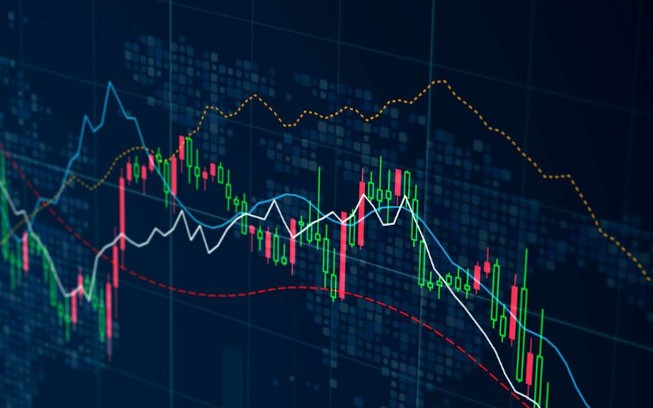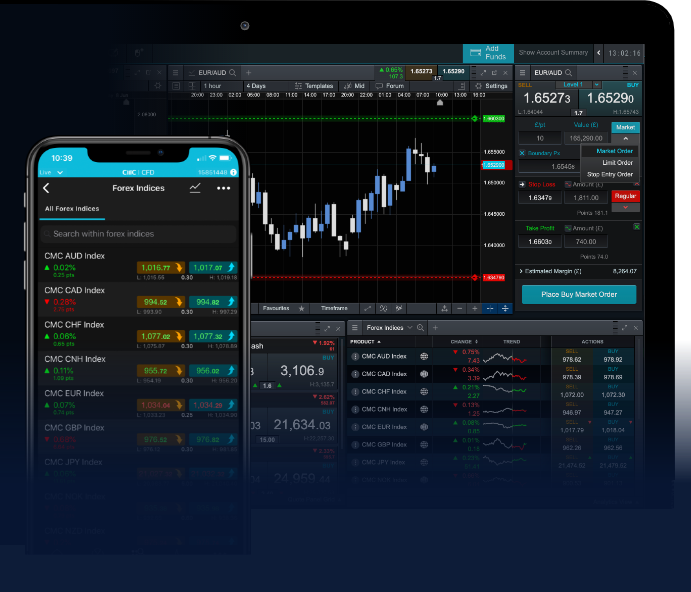
Forex Trading Jobs: A Comprehensive Guide
If you’re looking to delve into the exciting world of finance, forex trading jobs could be the perfect career path for you. The forex market, being the largest financial market in the world, offers a plethora of opportunities for traders, analysts, and portfolio managers. In this guide, we will explore what forex trading jobs entail, the necessary skills, educational pathways, and resources like forex trading jobs trading-asia.com that can help you launch your career.
What is Forex Trading?
Forex, or foreign exchange, refers to the process of exchanging one currency for another. Typically, individuals and institutions engage in forex trading to profit from fluctuations in currency prices. This market operates 24 hours a day and encompasses a diverse array of participants, including central banks, financial institutions, corporations, and individual traders.
The Role of Forex Traders
Forex traders are responsible for buying and selling currency pairs based on their analysis of market trends and economic indicators. There are different types of forex trading jobs, including:
- Retail Forex Trader: These traders operate independently, using their own capital to trade on the financial markets. They often rely on online trading platforms.
- Institutional Forex Trader: These traders work for financial institutions or hedge funds, managing significant amounts of money and executing trades on behalf of their clients.
- Forex Analyst: Analysts study market trends and economic data to provide insights for trading strategies. They may work for firms or provide independent consulting.
- Portfolio Manager: Portfolio managers oversee investment funds that include forex instruments, making decisions about the allocation of assets in response to market conditions.

Skills Needed for Forex Trading Jobs
The forex market is fast-paced and highly competitive. Therefore, aspiring forex traders need to develop a variety of skills to be successful:
- Analytical Skills: Traders must be able to analyze charts, interpret data, and identify trading patterns.
- Risk Management: Understanding how to assess and manage risk is crucial for preserving capital and ensuring long-term success.
- Emotional Control: Trading can be stressful. Successful traders maintain a level head and avoid emotional decision-making.
- Technical Proficiency: Familiarity with trading platforms and tools is essential. Traders must be comfortable using various software tools and market scanners.
- Knowledge of Economic Indicators: Traders should understand how various factors, such as interest rates and geopolitical events, affect currency values.
Educational Pathways
While there is no specific degree required for a career in forex trading, a background in finance, economics, or business can be beneficial. Many successful traders also leverage online courses, webinars, and mentorship programs to gain knowledge and insights into the market. Here are some educational pathways to consider:
- Bachelor’s Degree: Degrees in finance, economics, or business can provide a solid foundational knowledge of how markets operate.
- Online Courses: Numerous online platforms offer courses specifically for forex trading, covering everything from the basics to advanced strategies.
- Certifications: Consider obtaining certifications from recognized institutions, such as the Chartered Financial Analyst (CFA) or Certified Financial Planner (CFP), to enhance credibility.
- Mentorship: Finding a mentor in the industry can provide valuable practical insights and guidance.
Starting Your Career in Forex Trading

Breaking into the forex trading industry can seem daunting, but with the right approach, it is achievable. Here are some practical steps to get started:
- Educate Yourself: Start with fundamental education on forex markets, trading strategies, and risk management.
- Open a Demo Account: Most brokers offer demo accounts where you can practice trading without risking real money. Use this time to develop your skills and test your strategies.
- Stay Informed: Follow financial news, subscribe to reliable forex analysis resources, and stay abreast of market trends and economic reports.
- Network: Join trading forums, attend webinars, and participate in trading communities to build relationships and learn from other traders.
- Consider Live Trading: Once you feel confident, consider starting with a small investment in a live trading account. Ensure you apply proper risk management techniques.
Challenges in Forex Trading Jobs
While forex trading can be a lucrative career, it is not without its challenges. Understanding these can help prepare you:
- Market Volatility: Currency prices can fluctuate wildly due to global events, making trading unpredictable.
- Emotional Pressure: The fast-paced nature of forex trading can lead to stress and emotional decision-making, which can adversely affect trading performance.
- Financial Risk: Significant capital is at stake in trading, and the risk of loss is substantial without sound risk management strategies.
- Competition: The forex market attracts many skilled traders, and standing out requires perseverance and continuous learning.
Conclusion
Forex trading jobs offer exciting and rewarding opportunities for those willing to invest in their education and skills. Whether you aspire to be a retail trader, analyst, or manager, understanding the market dynamics and honing your trading strategies will be essential for success. Start your journey today, make use of available resources like trading-asia.com, and embrace the thrilling world of forex trading.
